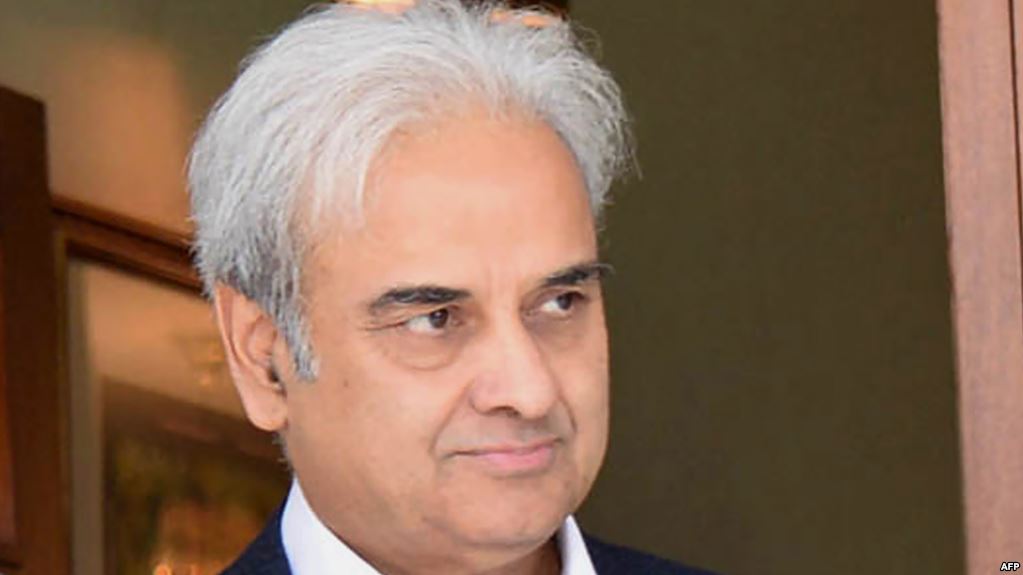Continuing their political unstable political conventions, the Pakistan is again on the verge of changing political system. Admist of a big chaos Justice Nasir-ul-Mulk has taken over as care taker Prime Minister.
President Mamnoon Hussain administered the oath to Mulk, who was unanimously nominated for the post by both the government and opposition, with former PM Shahid Khaqan Abbasi describing the retired judge as a someone whom “no one could object to”.
Top government officials and dignitaries attended the ceremony, including former PM Abbasi, the chiefs of staff, Senate Chairman Sadiq Sanjrani, and others.

Following the ceremony, PM Nasirul Mulk received a guard of honour at PM House.
The newly appointed caretaker PM, while speaking to journalists after the ceremony, said that members of the Cabinet would be announced after discussion on the matter. He said he would like to keep the Cabinet small.
One of his first decisions was to change his principal secretary, Fawad Hasan Fawad, and replace him with Sohail Amir. Fawad has been rotated to DG Civil Services.
Mulk also said he would make sure that the elections will be held in a timely ,and transparent manner. “We will fulfil the duty we were entrusted with,” he promised.
The oath-taking ceremony was held hours after the third consecutive National Assembly completed its five-year constitutional term. It was only the second National Assembly to do so under civilian rule, with the 2002 assembly operating and disbanding under military dictator Gen Pervez Musharraf.
The three NAs elected seven prime ministers in 16 years, indicating underlying weaknesses in the process, the institutions of the state and political parties in the country.
Former PM Abbasi spent a busy last day in office yesterday attending the NA’s farewell session, addressing a news conference highlighting his government’s achievements at his office and presiding over separate meetings of the Economic Coordination Committee and the Federal Cabinet.
During his address to the Assembly, Abbasi categorically stated that the PML-N would not tolerate even a day’s delay in the elections. He also reiterated his party’s demand of formation of a Truth and Reconciliation Commission to investigate all major political incidents which took place in the country since 1947 to identify those responsible for them.
His demand received a positive response immediately from Opposition Leader Syed Khursheed Shah, who expressed the hope that whoever formed the next government must do it on a priority basis.




